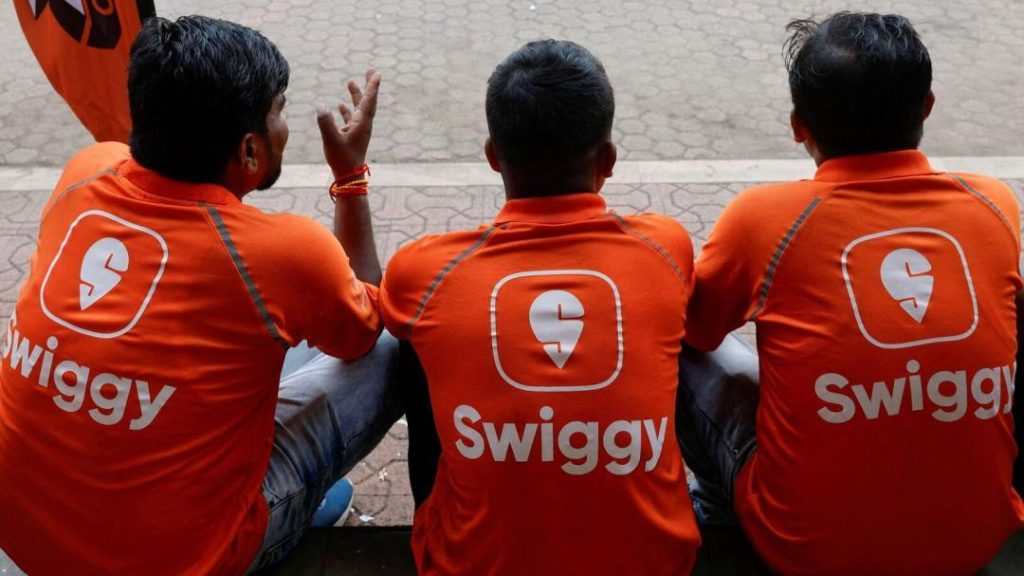
Swiggy Faces ₹158 Crore Tax Demand Over Cancellation Fees
The Indian food delivery giant, Swiggy, has recently received a tax demand of ₹158 crore for the financial year 2021-22. The demand is related to alleged violations of tax provisions regarding cancellation charges paid to merchants. Swiggy plans to appeal against the demand, claiming that it stems from a misunderstanding of tax provisions.
According to reports, the tax department has issued a notice to Swiggy, alleging that the company has not paid the correct amount of tax on the cancellation fees charged to customers. The notice claims that Swiggy has collected cancellation fees from customers but has not passed on the entire amount to the merchants, as required by law.
Swiggy has responded to the notice, stating that the demand is based on a misunderstanding of the tax provisions. The company claims that it has followed the correct tax procedures and has paid the correct amount of tax on the cancellation fees.
Industry experts believe that the case may set a precedent for how cancellation fees are taxed in the evolving digital economy. Cancellation fees are a common practice in the food delivery industry, where customers are charged a certain amount for canceling their orders. However, the tax implications of these fees have not been clearly defined, leading to confusion and disputes.
“This case highlights the need for clarity on tax provisions related to digital transactions,” said a tax expert. “The tax department is trying to ensure that companies comply with the law, but companies like Swiggy also need to understand their tax obligations. This case may set a precedent for how cancellation fees are taxed in the future.”
The tax demand is not the only challenge that Swiggy is facing. The company is also grappling with increased competition in the market, as well as rising operating costs. Swiggy has been investing heavily in its technology and logistics infrastructure to improve its services and increase its reach.
Despite these challenges, Swiggy remains one of the largest and most popular food delivery companies in India. The company has a strong presence in over 500 cities across the country and has partnered with over 150,000 restaurants.
The case against Swiggy is a reminder of the importance of tax compliance in the digital economy. As more and more companies move online, they need to ensure that they are following the correct tax procedures to avoid disputes and penalties.
“In the digital economy, tax compliance is more important than ever,” said a tax expert. “Companies need to understand their tax obligations and ensure that they are following the correct procedures. This case may set a precedent for how cancellation fees are taxed in the future, and it’s a reminder of the importance of tax compliance.”
In conclusion, the case against Swiggy is a significant development in the Indian tax landscape. The demand for ₹158 crore in tax is a major challenge for the company, and it’s likely to be a test case for how cancellation fees are taxed in the future. As the digital economy continues to evolve, it’s essential that companies like Swiggy understand their tax obligations and ensure that they are following the correct procedures.
Source: https://ascendants.in/industry_events/swiggy-rs-158-crore-tax-demand/






